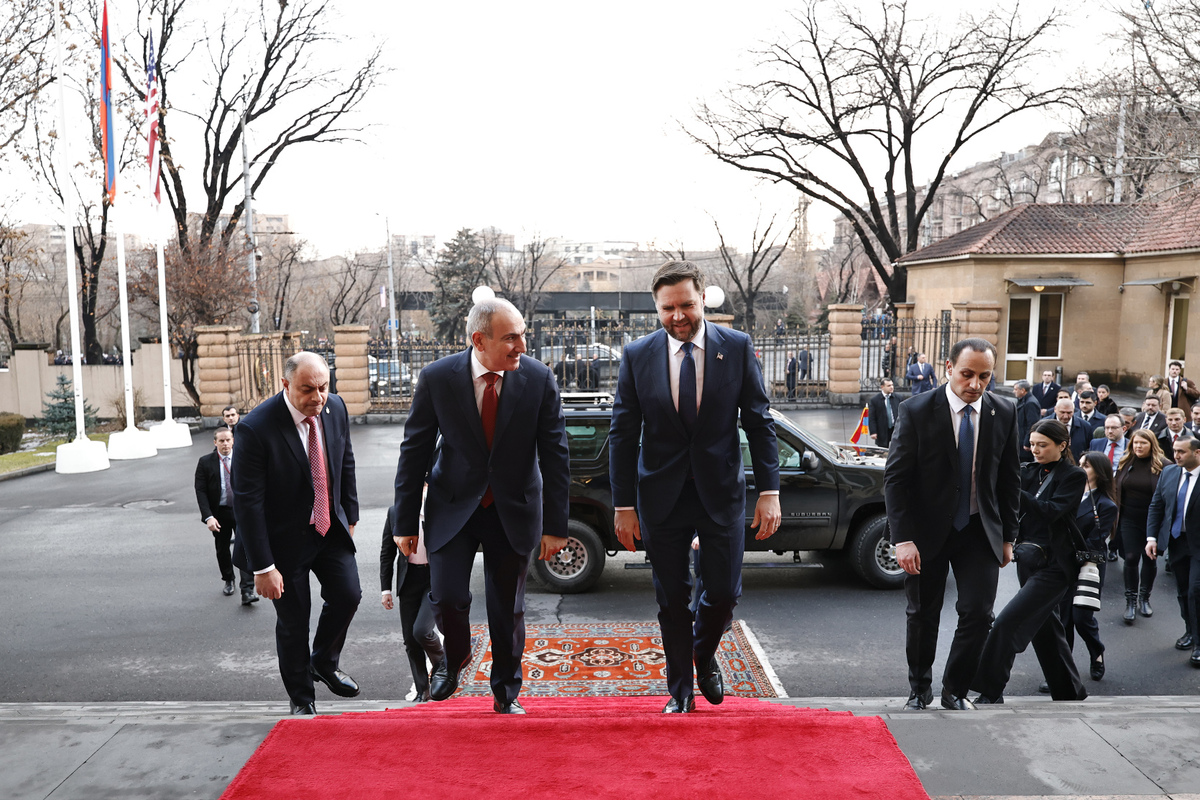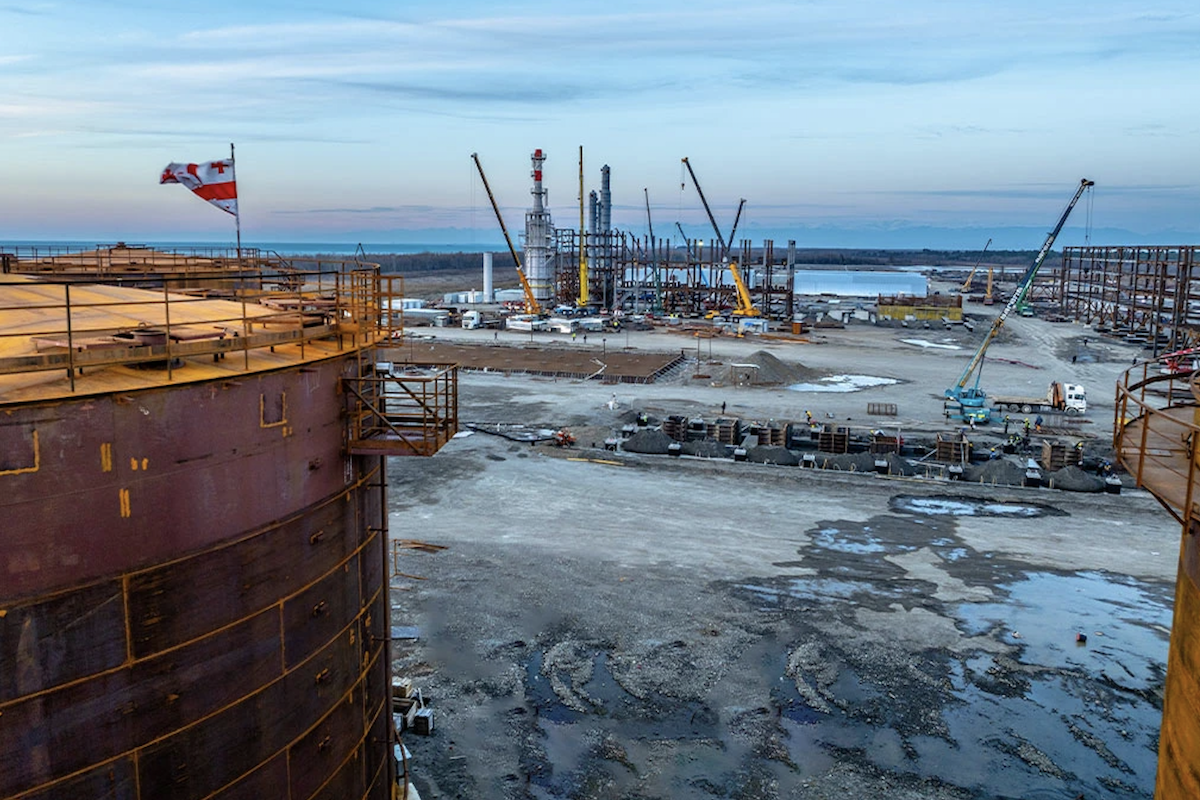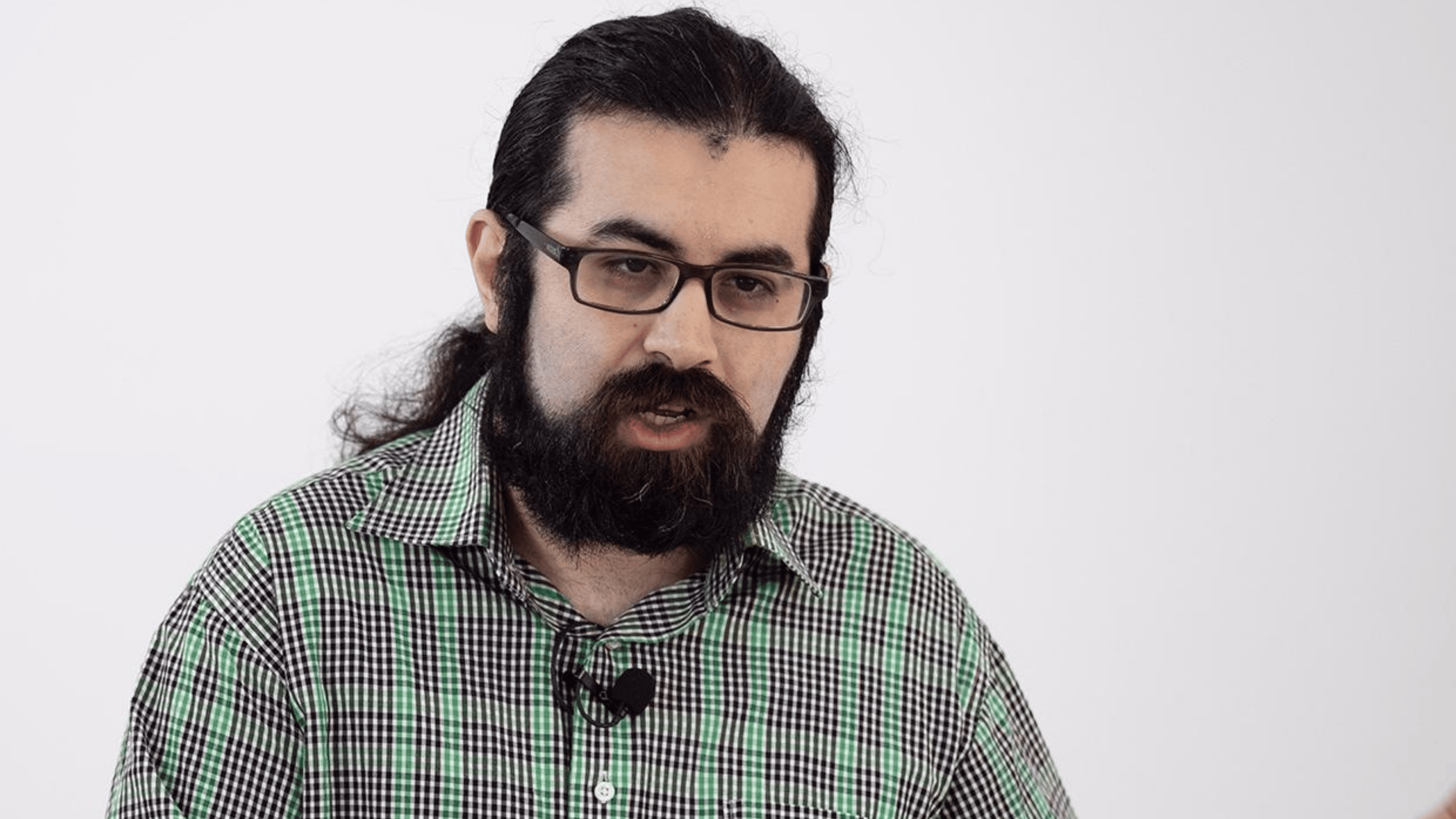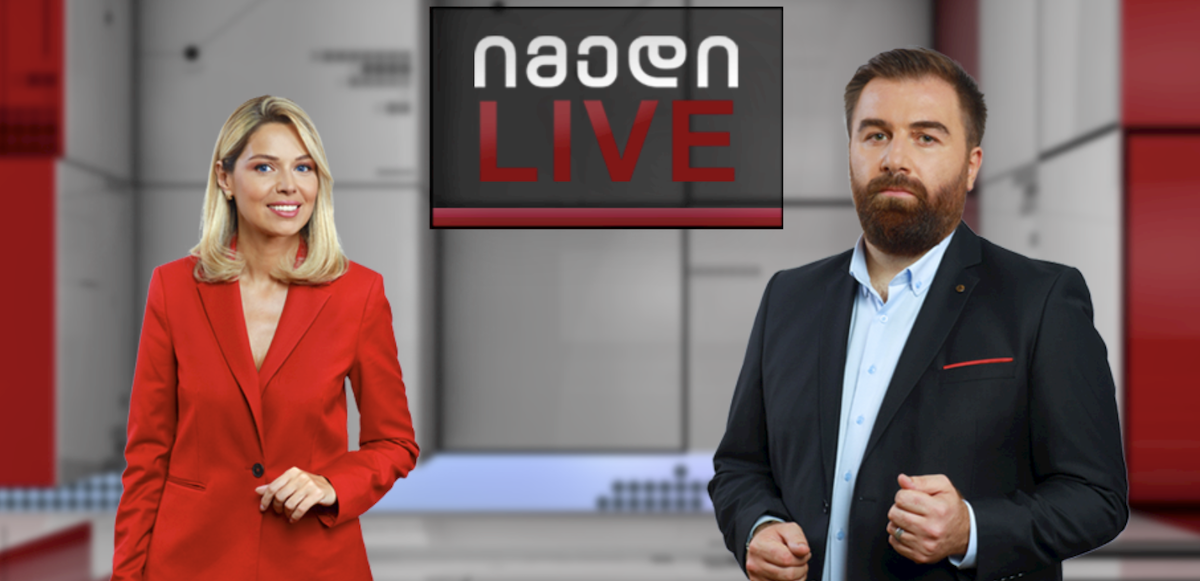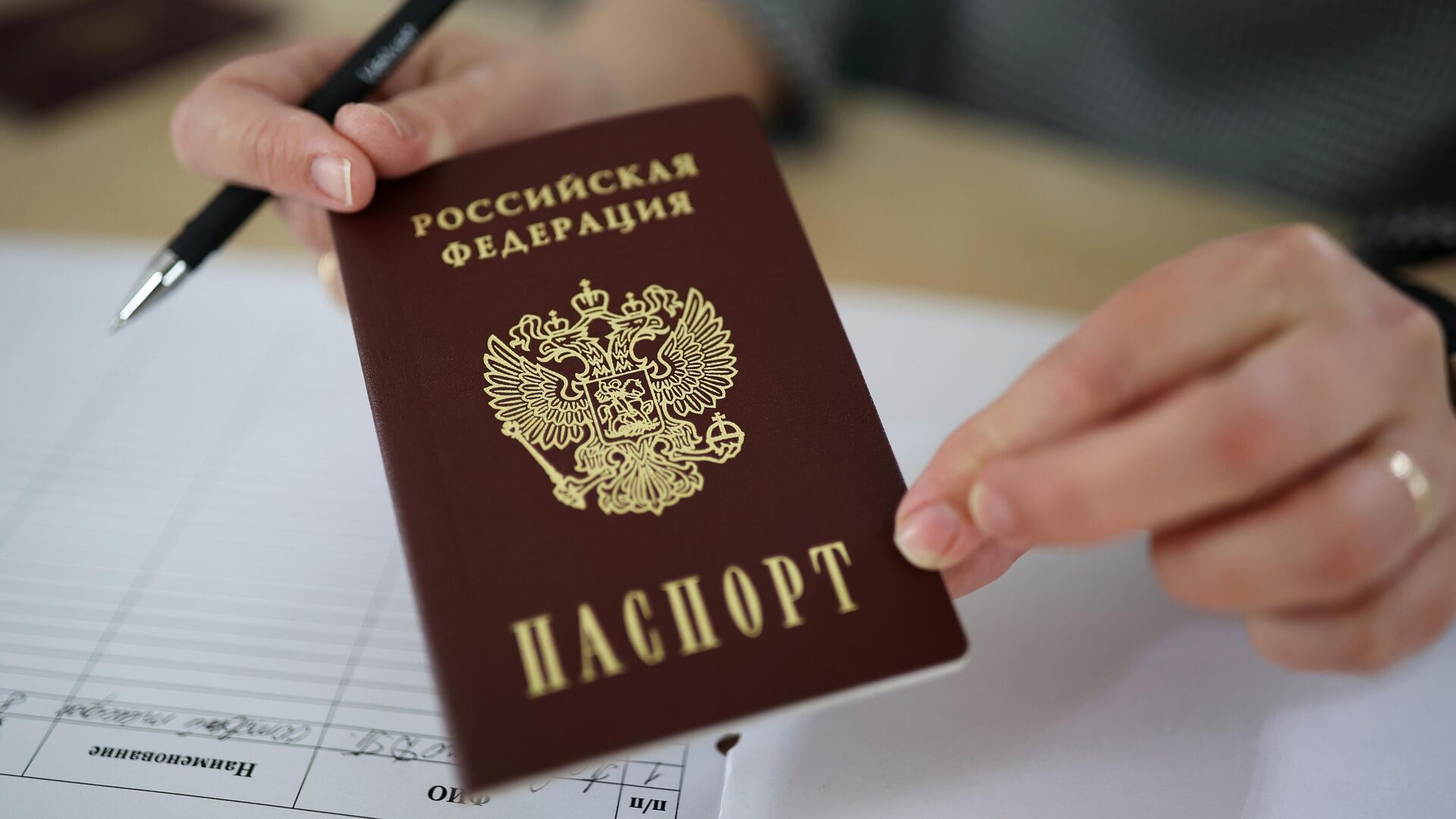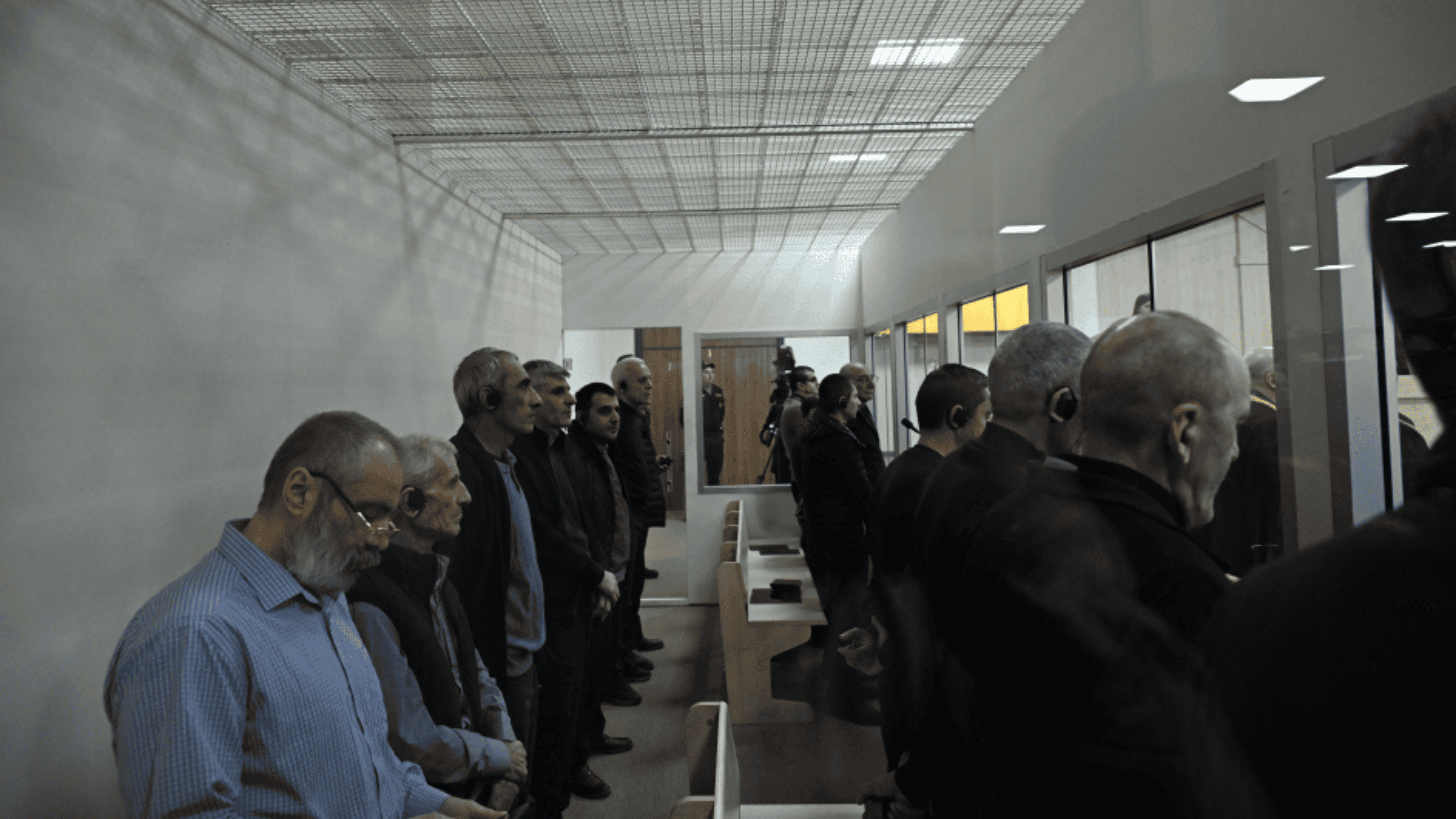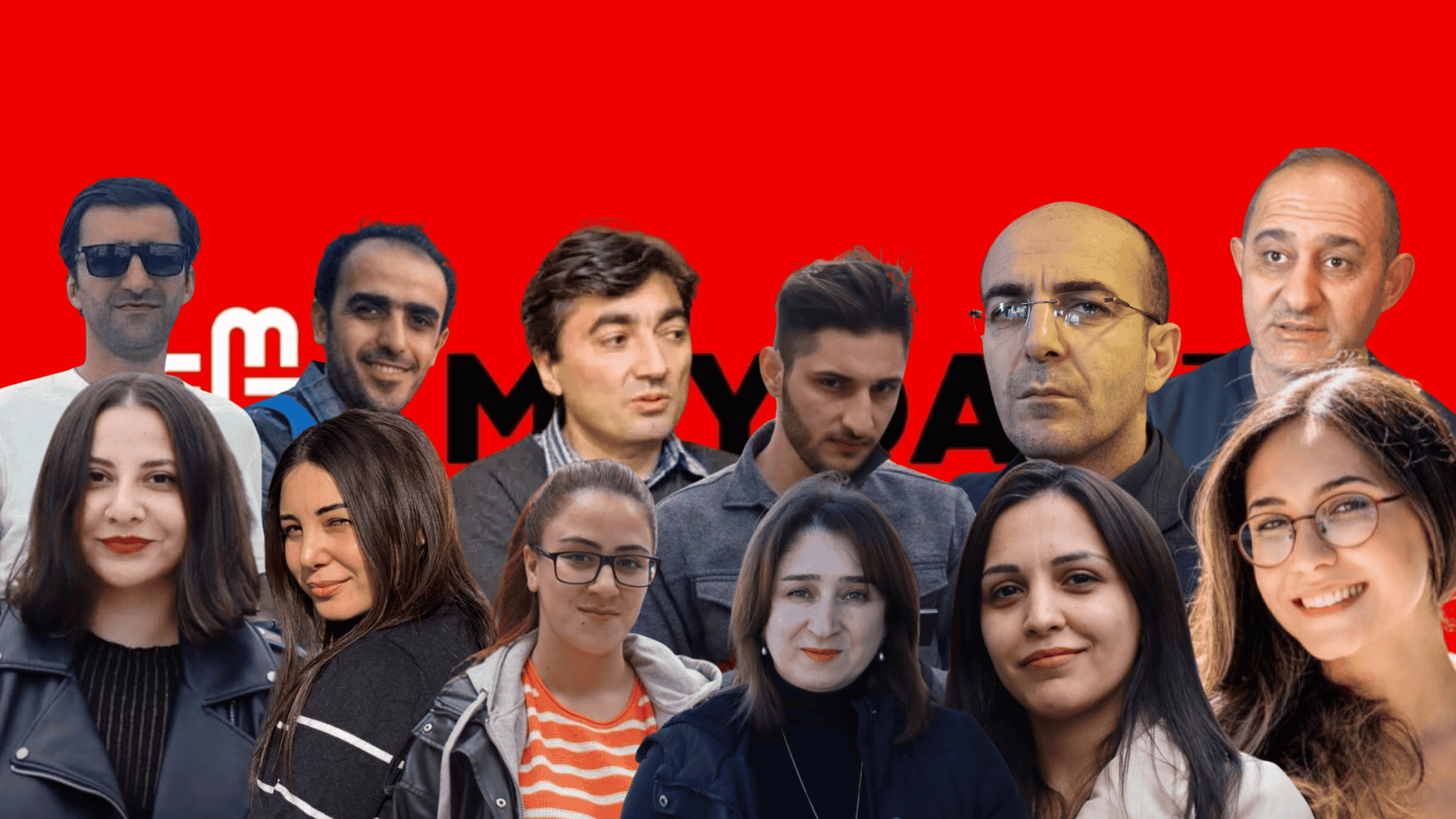Armenian political forces threaten to thwart early parliamentary elections
Political passions are running high in Armenia over the snap parliamentary election due in the spring next year.
Prosperous Armenia, a member of the Tsarukyan parliamentary faction, has taken a stand against the country’s government that was brought into power by “the velvet revolution” earlier this year.
Party chairwoman Naira Zohrabyan told journalists her party was particularly concerned about a recent remark by PM Nikol Pashinyan about ‘certain political forces’ conducting secret negotiations with the Republican Party of Armenia [ed. the former ruling party of Armenia] ‘in restaurants and backyards’.
The protest comes amid widespread public disaffection with what many see as attempts to artificially divide the society into those who support the new government and those who oppose it.
After the Velvet Revolution which took place in Armenia in the spring of 2018, a political group came to power which did not have a parliamentary majority. The Republican Party of Armenia, which received a majority in the 2017 elections, made concessions to the new authorities under pressure from the hundreds of thousands of people protesting on the street in support of the opposition as lead by the head of parliamentary faction Yelk [Arm. exit], Nikol Pashinyan.
On 8 May, the National Assembly of Armenia elected Pashinyan as prime minister. Because Armenia had transferred to a parliamentary system of rule, the current situation is in need of a solution: that is, early parliamentary elections must be held in order to establish a new majority in the parliament reflective of the political reality and nation’s will.
The first to describe the Armenian society as divided into the supporters of the government and its opponents – “blacks and whites” were the words he used – was Hayk Marutyan, a candidate for the mayorship of Yerevan from the Civil Contract, the party led by the prime minister.
The latter echoed the words.
“The mayoral elections in Yerevan have become an election between the revolution and counter-revolution”, he said. “There are a number of political forces who are presenting themselves as allies of the revolution, as my friends. They speak about a coalition. However, they flirted with and continue to flirt with the counter-revolution. I call upon you not to give a single vote to the counter-revolution.”
Representatives of several parliamentary factions were enraged by the Prime Minister saying that elections to the Council of Elders in Yerevan were an election between ‘blacks’ and ‘whites’. Prosperous Armenia announced it would “think twice before deciding whether to vote for the early parliamentary election or not”.
“Let nobody think that they can bring the people to the National Assembly and force them, for example, to vote for what they don’t want to vote for. We will continue to discuss the issue of early parliamentary elections,” the party’s chair Naira Zohrabyan said.
She went on to address PM Pashinyan: “You have crossed all the boundaries of civilised political culture and relations”.
Pashinyan has also been criticised by Edmon Marukyan, the head of Bright Armenia – a party which is part of Pashinyan’s parliamentary faction Yelk.
Marukyan said that the PM must apologise for his statement:
“To assert that ‘we are the whites and the rest are blacks’ is the beginning. The Republican Party is not participating in the elections, but between participants dividing lines have appeared along the basis of ‘black’ and ‘white’ and some people are trying to catch fish in muddy water.”
Expert view
Political observer Stepan Grigoyan notes that the harsh criticism of Pashinyan is connected to the campaign process and to gain the support of voters:
“Criticism in the campaign period is normal. Every party wants to show that it is better [than the rest]. Even in countries where there are serious traditions of a multi-party system, during the election campaign period one can observe very serious political accusations indeed. Who said that these forces must constantly support Nikol Pashinyan after the revolution?” Grigoryan says.
He adds that those that are currently threatening not to support the idea of holding early parliamentary elections will change their position after the elections for the mayorship of Yerevan.
“Everyone understands that the situation cannot last for a long time, and that the current parliament [composition] cannot go far. There was a revolution, a peaceful one at that, but there was no voluntary giving up of power. And when revolutionary changes occur, the old parliament cannot satisfy the needs of the new authorities. The PM must have a majority in the parliament in order to realise his initiatives.”
Stepan Grigoryan does not rule out the possibility of mass demonstrations starting again in Armenia if the National Assembly does not vote for early parliamentary elections.
“Nikol Pashinyan enjoys enormous support, and there is no downward movement in his popularity rating. There is an understanding among the public that the revolution has still not been completed. More demonstrations might begin. If this happens, the parliament will be forced to vote for early elections.” Grigoryan says.










